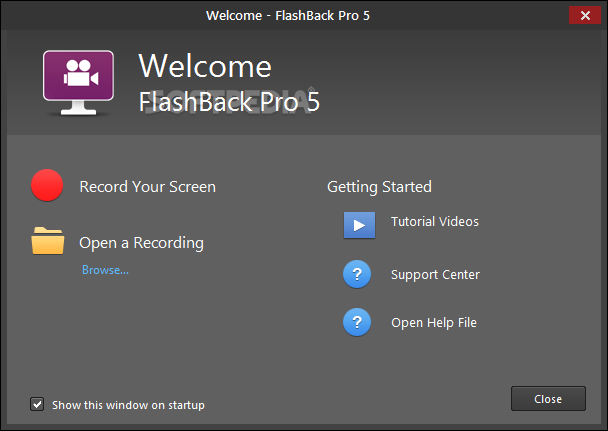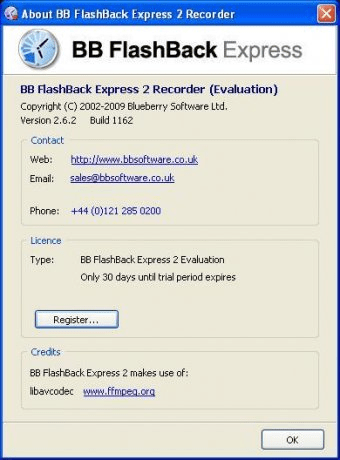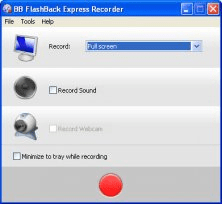

That said, the current programs are far less intrusive and performance-impairing than they used to be some of them (includingĬlamXav) offer free versions. Mac antivirus tools may help, but they still don’t catch everything. I haven’t allowed Java to run in my browser for some years now, due to my fear of this kind of attack. I still use Safari, but when I need Flash I switch to Google Chrome. This will prevent any infections that exploit the current vulnerability there aren’t any other known infection vectors (other than tricking you into installing it, which won’t go away anytime soon and doesn’t rely on Java). The first thing to do is run Software Update and make sure you have the latest patches. (Usually, you can do so manually in your security app’s preferences, but this varies from product to product most automatically update).

All antivirus products should also be detecting it at this point if you have the latest signatures installed. Posted instructions for checking your Mac, which require running a few commands in Terminal.

Malware often shares bits of code from earlier versions that may be detectable by antivirus products before those products have been specifically updated to catch newer versions, but such protection is hit-or-miss. Intego-protected users with updates in late March. You do not have certain security tools installed on your Mac that Flashback checks for, including Little Snitch, Xcode, and a few anti-malware tools.Īntivirus vendors do not appear to have detected this particular version of Flashback for a few days after it appeared in the wild, though some vendors-including You do not need to enter your administrative password or to manually install anything.Ĥ. The significant thing is that, unlike almost all other Mac malware we’ve seen, Flashback can insinuate itself into your system if you merely visit an infected webpage and are using vulnerable software. It then sends this information to command-and-control servers on the Internet. Once it succeeds in infecting your Mac, Flashback inserts itself into Safari and (Īccording to F-Secure) appears to harvest information from your Web browsing activities, including usernames and passwords. Even if you aren’t fooled at this point, you are still infected. Release an update for that vulnerable version of Java until April 3rd, many users were and are still susceptible.Īfter initial infection, Flashback pops open a Software Update window to try and obtain your administrative password, but it does so only to embed itself more deeply into your Mac.

(We don’t yet know how many websites host Flashback.) If you have a vulnerable version of Java installed and enabled in your Web browser, the malicious code will infect your system and then install a series of components. If you visit a malicious (or unwillingly infected) website hosting Flashback, the program attempts to display a specially crafted Java applet.


 0 kommentar(er)
0 kommentar(er)
